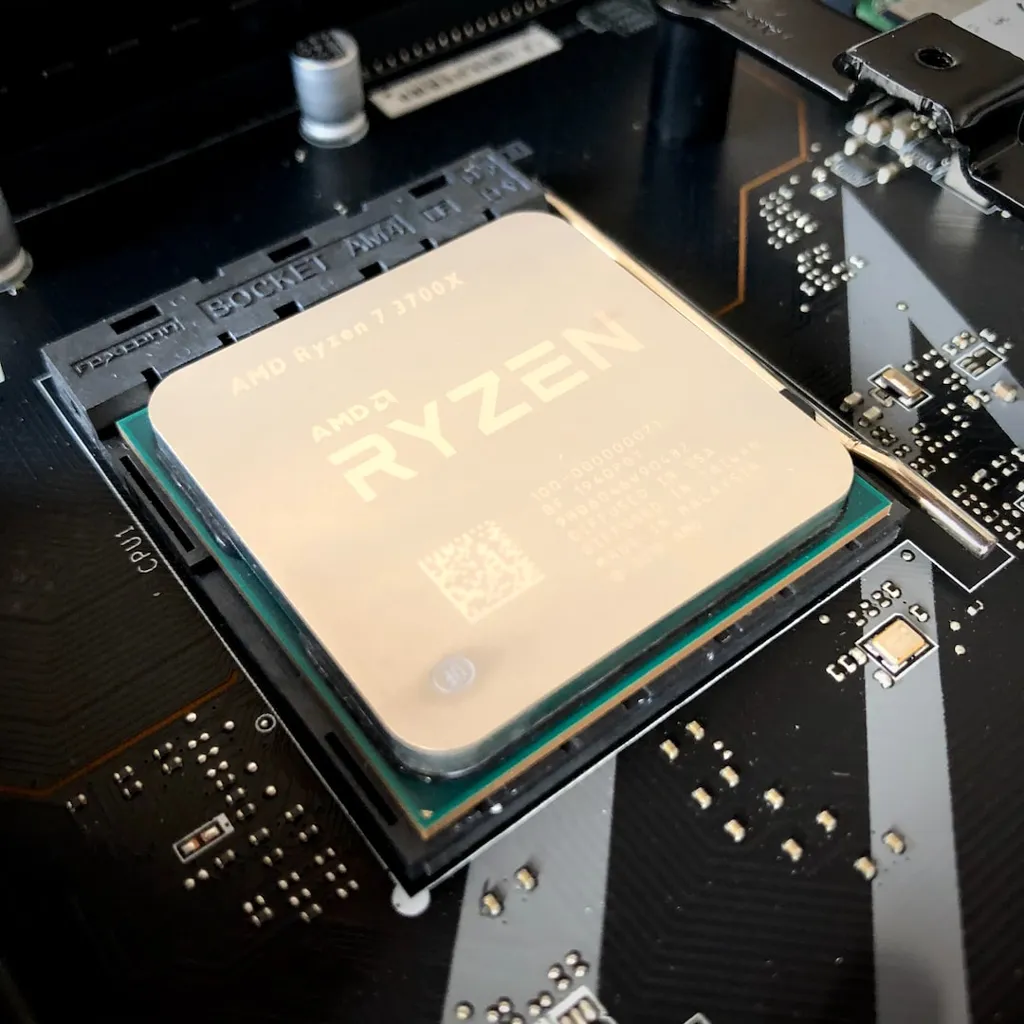The Occupation of Electrical and Electronics Repairers, Powerhouse, Substation, and Relay: Duties, Examples, Education, and Progression
Electrical and electronics repairers, powerhouse, substation, and relay are professionals responsible for maintaining and repairing electrical equipment in powerhouse, substations, and relay stations. These skilled workers use various tools and diagnostic equipment to ensure that electrical systems are functioning properly and safely. They also troubleshoot, repair, and replace defective parts and equipment in electrical systems and components.
Duties:
Electrical and electronics repairers, powerhouse, substation, and relay may have a variety of responsibilities depending on their area of expertise. Generally, they involve:
- Inspecting electrical equipment for signs of wear, damage, or malfunction
- Testing and diagnosing equipment problems using specialized instruments, such as voltmeters or oscilloscopes
- Repairing or replacing defective parts and equipment
- Performing preventative maintenance on electrical systems and components
- Documenting repairs and maintenance activities in electronic databases or logbooks
- Collaborating with other electricians, engineers, and technicians to troubleshoot complex problems
Examples of Job Positions:
Some examples of job titles for those in this occupation include:
- Electrical Repairer
- Maintenance Electrician
- Power Plant Electrician
- Substation Electrician
- Relay Technician
Education and Training:
Most electrical and electronics repairers, powerhouse, substation, and relay have a postsecondary certificate or an associate’s degree in electronics or electrical technology. Some may also complete an apprenticeship program, which typically lasts four years and combines on-the-job training with classroom instruction. Apprenticeships may be available through unions, trade associations, or employers.
Many states require electricians to be licensed. Licensing requirements typically include passing an exam and completing a certain number of hours of on-the-job training or classroom instruction. Licensing requirements vary by state, so it’s essential to check with your state regulatory agency before applying for a license.
Progression:
Electrical and electronics repairers, powerhouse, substation, and relay may progress in their careers by obtaining additional certifications or licenses. Some certifications, such as those from the National Institute for Certification in Engineering Technologies (NICET), may allow workers to take on more complex projects or supervisory roles. Other certifications, such as those from equipment manufacturers, may be required to work with specific types of equipment.
Getting into the Field:
If you’re interested in becoming an electrical and electronics repairer, powerhouse, substation, and relay, there are a few steps you can take:
- Research job openings in your area and study the qualifications necessary to apply
- Attend a vocational school or community college to complete an electronics or electrical technology program
- Consider joining an apprenticeship program to gain hands-on experience and earn a salary while learning
- Obtain any necessary licenses or certifications to work in your state or specialty
Becoming an electrical and electronics repairer, powerhouse, substation, and relay can be an exciting and fulfilling career path for those with an interest in electrical systems and a desire for hands-on work.
Electrical and electronics repairers, powerhouse, substation, and relay are responsible for maintaining and repairing the electrical equipment in powerhouses, substations, and relay stations. The job level and salary data for this occupation varies based on the level of experience, union status, and type of pay structure.
According to the US National Average, the salary for this occupation ranges from $76,835.20 to $112,652.80 based on the level of experience and job level. The entry-level salary is approximately $73,736.00, while the salary for an experienced worker is $104,312.00. The salary for union workers is higher than non-union workers, with an average salary of $97,385.60 compared to $79,497.60 for nonunion workers.
The effects of unionization on this job are positive, as union workers have a higher salary. The union also protects its members from unfair treatment, ensuring that they receive fair pay and benefits. Additionally, unions provide opportunities for professional development, training, and advancement within the industry.
The highest-paid location for this occupation is Alabama, with a salary of $102,668.80 for full-time workers, while the lowest-paid location is Mississippi, with a salary of $73,070.40 for time-based pay.
The following table summarizes the job level and salary data for Electrical and electronics repairers, powerhouse, substation, and relay in the US.
| Job Level | Salary (All Workers) | Salary (Experienced) | Salary (Union) | Salary (Non-Union) |
|———–|—————-|——————-|————–|——————|
| Level 06 | $82,076.80 | N/A | $82,139.20 | $74,422.40 |
| Level 07 | $96,220.80 | N/A | $96,220.80 | $90,896.00 |
| Level 08 | $112,652.80 | N/A | $112,652.80 | $99,590.40 |
| Not able to be leveled | $76,835.20 | N/A | N/A | N/A |
| Entry | $73,736.00 | $73,736.00 | N/A | N/A |
| Experienced | $104,312.00 | $104,312.00 | N/A | N/A |
| Union | N/A | N/A | $97,385.60 | N/A |
| Nonunion | N/A | N/A | N/A | $79,497.60 |
| Full-time | N/A | N/A | $89,003.20 | N/A |
| Time-based pay | N/A | N/A | N/A | $73,070.40 |
| Alabama | $102,668.80 | N/A | N/A | N/A |
| Mississippi | N/A | N/A | N/A | $73,070.40 |












